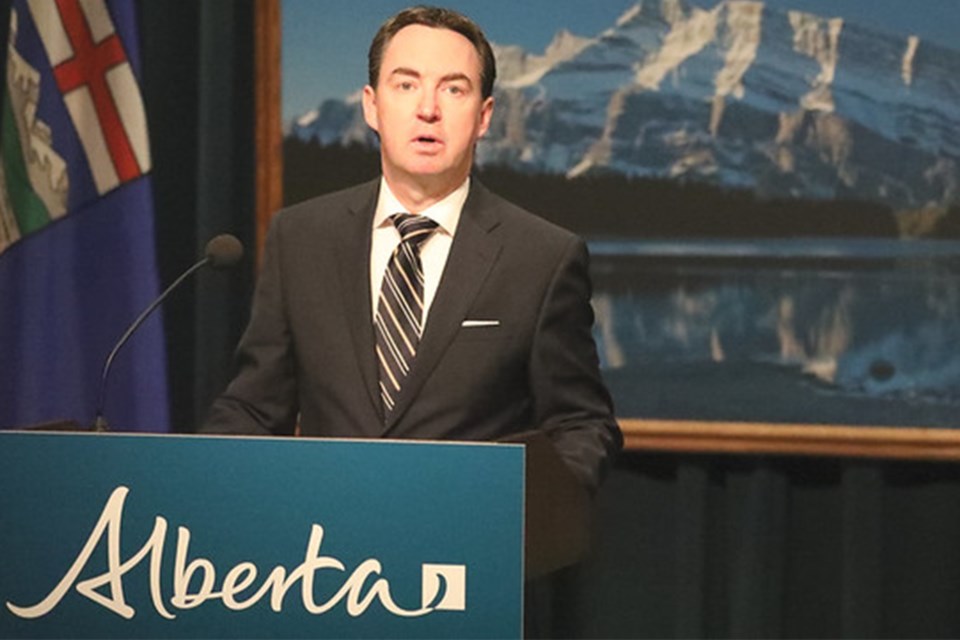The province has introduced proposed changes to the legislative framework for Alberta’s home and community care, supportive living accommodation, palliative and end-of-life care, as well as the continuing care home system.
Alberta Health Minister Jason Copping says the changes are needed to bring legislation up-to-date and streamline the overall system, while the official Opposition says the legislation does not address key issues such as staffing shortages facing the continuing care system.
Introduced in the legislature on March 28, Bill 11 - Continuing Care Act will provide consistency for the continuing care system by increasing clarity regarding services, enable improvements to service delivery, and support accountability and sustainability, said Copping.
“The proposed legislation is foundational to our overarching goal that Albertans who receive continuing care have a better quality of life, whether it be through home and community care, in supportive living accommodations or in continuing care homes,” Copping said during a press conference.
“Without this new legislation, we risk gaps and inconsistencies remaining in place and we would be unable to make transformational shifts required for system improvement.
“Having one overarching piece of legislation will provide consistency and alignment across the continuing care system.”
If passed, the new legislation would make numerous changes, including replacing multiple acts with one piece of streamlined legislation for continuing care that is up-to-date, and establish a consistent approach and alignment of legislative requirements and services across the continuing care system, he said.
As well, the new legislation will provide greater authority to effectively monitor and enforce compliance to legislative requirements including standards, he said.
The province’s current continuing care legislation, in place since 1985, does not always effectively reflect present-day practices, services or settings or “address the changing needs or expectations of Albertans,” he said.
“What we know about continuing care has evolved over time,” he said. “As a result, some of provisions in our existing legislation are outdated and fragmented.”
The COVID-19 pandemic has revealed inconsistencies and gaps when it comes to monitoring compliance in continuing care settings, promoting a need for more transparency and enforcement, he said.
For example, the new legislation includes a provision giving the government the ability to impose administrative monetary penalties if an operator or provider is not compliant with minimum requirements.
It will also enforce inspection requirements across all continuing care services and settings.
Supporting regulations and standards will be developed and approved before implementation of the legislation begins, likely in spring 2023.
Lori Sigurdson is the NDP critic for Seniors and Housing. She says Bill 11 does not go far enough to address critical concerns, including relating to the safety and care of seniors.
“I was hoping for significant transformational change to the continuing care system, especially given the tragic failures we have seen over the past two years, but this bill doesn’t contain anything like that,” Sigurdson said in a press conference Monday.
“There are systemic and drastic issues the government needs to address in continuing care and I see none of those substantive steps being taken today.”



